The new General Secretary has an important article titled “Institutional and legal breakthroughs for the country to rise up”. The Politburo issued Resolution No. 66 on innovation in law-making and enforcement to meet the requirements of national development in the new era. National Assembly delegate Ha Sy Dong discussed this issue with VietNamNet.
Institutions are the "rules of the game", officials are the ones who organize and execute the "game"
Recently, the Politburo issued Resolution No. 66 on innovation in law-making and enforcement to meet the requirements of national development in the new era. Later, General Secretary To Lam also wrote an article "Breakthrough in institutions and laws for the country to rise up". As a veteran National Assembly delegate, how do you see this as meaningful, especially in the context of the country facing the requirement of breakthrough development?
The General Secretary ’s important article “Institutional and legal breakthroughs for the country to rise up” and the Politburo’s issuance of Resolution No. 66 on innovation in law-making and enforcement are very special and meaningful events. This is not only a highly strategic consensus of the Party on the key role of institutions and laws but also demonstrates a very strong political determination in promoting the country’s development in the new era.
This demonstrates the Party's consistent and thorough thinking in considering institutions as the foundation and laws as tools to effectively organize the implementation of guidelines and policies.

Delegate Ha Sy Dong: Law must be considered a tool to promote innovation and socio-economic development, not a system of control barriers. Photo: Hoang Ha
In the context that the country is facing the need to make a breakthrough to avoid falling behind, the simultaneous guidance from the Politburo and the General Secretary is a clear signal that the Party is proactively creating new momentum, removing bottlenecks and creating a legal corridor that is open and reliable enough to create trust for all classes of people, businesses, and dedicated civil servants to serve the country's development.
The article and the resolution both show a profound recognition that to unlock resources, it is necessary to start with institutions and laws. This is what the people, businesses, intellectuals, civil servants and domestic and foreign investors are all looking forward to.
The General Secretary emphasized that “institutions are the bottleneck of bottlenecks”. In your opinion, which institutional limitations need to be addressed immediately and how?
When the General Secretary emphasized that “institutions are the bottleneck of bottlenecks”, that was a very profound generalization, reflecting the reality of nearly 40 years of renovation. We have had many correct policies, but institutionalization and implementation have not been synchronous, still confused and inconsistent, leading to slow release of development resources.
It can be said that the institution is the “rules of the game”, and the cadres are the ones who organize and execute that “game”. If the rules of the game are unclear, lacking transparency and stability, even with talented and dedicated cadres, it will be difficult to implement them effectively.
On the contrary, if the cadres are weak, incompetent, and do not dare to take responsibility, even if the institution progresses, it will be difficult to put it into practice. Therefore, to innovate and develop sustainably in the new era, we need to build a transparent institution with high accountability, coupled with training, fostering, and selecting a team of cadres who dare to think, dare to do, and dare to take responsibility before the people.
In my opinion, some of the current prominent institutional bottlenecks include the unclear socialist-oriented market economy institution, which has not yet fully defined the role of the State and the market. This leads to administrative intervention or a request-grant mechanism in resource allocation.
In addition, there are overlaps and contradictions in the legal system, clear examples in the fields of land, investment, construction, and environment, causing investors to waste a lot of time and incur high compliance costs.
The decentralization and delegation mechanism is not strong enough, responsibilities are unclear, slowing down the decision-making and implementation process.
The approach here cannot stop at just amending the law but must be to innovate legislative thinking. Law must be considered a tool to promote innovation and socio-economic development, not a system of control barriers.
It is also necessary to strengthen the role of policy appraisal and assessment of the impact of laws before and after promulgation; strongly apply the sandbox mechanism and controlled piloting to create new policy space.
Need for suitable “institution-people pair”
What is the relationship between a good institution, a competent staff and the country's sustainable development, sir?
Institutions are the foundation, cadres are the organizers, and sustainable development is the ultimate goal. These three factors are closely related and inseparable.
A good institution will create a transparent and fair environment, encourage innovation, develop a knowledge-based economy and green transformation - the basic conditions for sustainable development. However, without a team of competent, courageous and ethical officials, no matter how good the institution is, it cannot be put into practice.
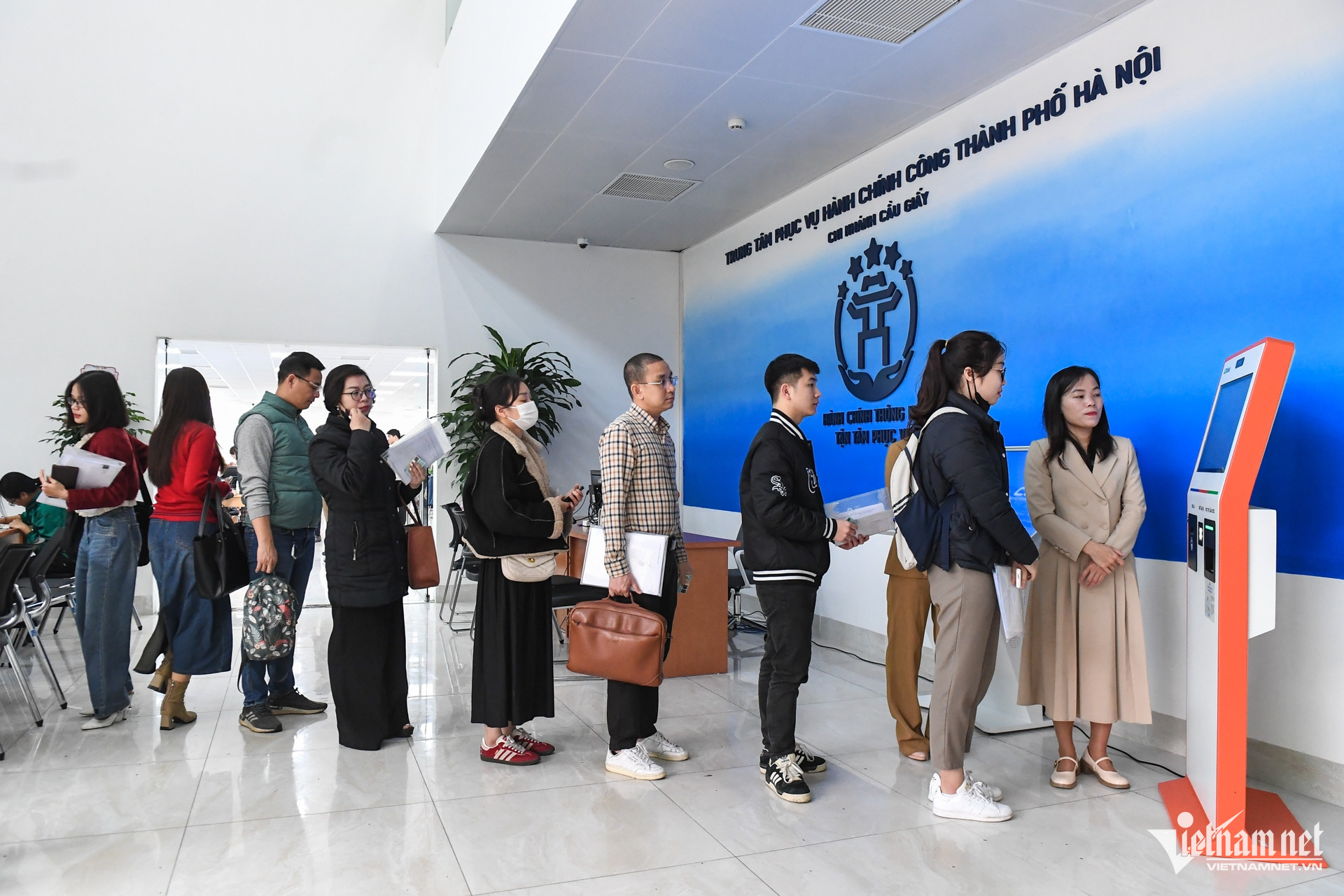
Good institutions will create a transparent and fair environment. Photo: Thach Thao
At the 9th extraordinary session of the National Assembly earlier this year, I stated that in addition to institutional bottlenecks, there are also bottlenecks in human resources. These are human factors, the cumbersome administrative apparatus, the quality of the staff and civil servants that do not meet practical requirements, especially the avoidance and shirking of responsibility in the process of performing public duties.
Therefore, if the system still has many barriers and is not transparent, even if officials are dedicated, it will be difficult for them to perform their roles well.
We have had practical lessons, such as the national target program or policies to support recovery after Covid-19 have shown that they do not come into life, the policies are issued with resources but disbursement is very slow, even in some places, disbursement is not possible, only in places where there are officials who dare to do, know how to do, understand the law, and follow reality, the policies are effective.
Therefore, institutional innovation and staff building must go hand in hand, even requiring a suitable "institutional - human pair" for each field and locality to create momentum for sustainable development.
Law does not lag behind practice but goes hand in hand with and leads the development of practice.
As a member of the National Assembly for three terms, what suggestions do you have to remove the current "bottleneck of bottlenecks" and in your opinion, how should the process of building and passing laws be reformed?
The National Assembly has recently made many innovations in its legislative work: increasing dialogue, policy consultation, organizing many seminars and in-depth discussions with experts and the people. However, the General Secretary emphasized that the law needs to "enter life". This requires continued and stronger innovation.
Firstly, it is necessary to improve the quality of policy making right from the proposal stage, that is, from practice, from the breath of people's lives, from the needs of people and businesses. There can be no good laws if the draft is drafted from the desk, lacking the real participation of relevant parties.
Second, reform the legislative process in a more flexible direction, with a mechanism to quickly review and amend regulations that are not suitable for practice. For example, it is possible to stipulate a “legal space” wide enough for the Government to be flexible in organizing implementation, especially in new areas such as digital transformation, AI, circular economy, investment procedures, etc.
Third, strengthen the capacity to criticize policies and monitor implementation. The National Assembly needs to proactively monitor the implementation of laws, have a mechanism to assess the impact after promulgation and promptly recommend adjustments to suit reality.
One highlight of the General Secretary’s article is the mindset of “running and queuing at the same time”. In your opinion, how can this mindset be applied in the current process of legislation and policy implementation?
The mindset of “running and queuing at the same time” that the General Secretary mentioned is a figurative expression but very practical and modern. In the context of rapid transformation, if we wait until all conditions are met before doing something, we will miss the opportunity. On the contrary, if we just do it without control, it will lead to risks.
So, “running and queuing at the same time” is a way to act and adjust at the same time, that is, to combine fast action and flexible management.
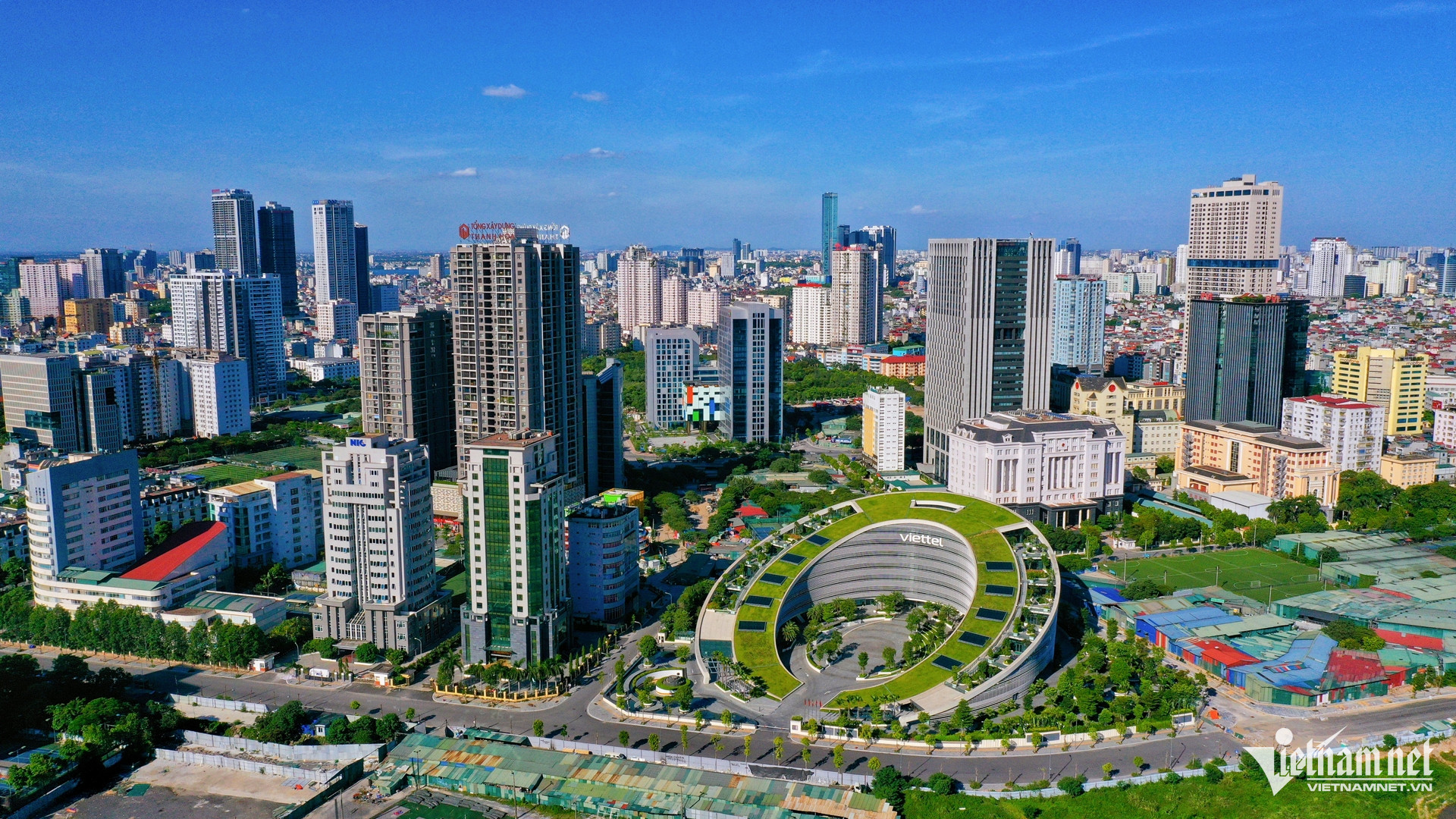
Photo: Hoang Ha
In legislation, this thinking can be demonstrated through controlled piloting - sandbox mechanisms such as in the fields of fintech, digital healthcare, artificial intelligence, online education... This is a way for the law to not become a barrier but a platform for innovation.
In policy management, this mindset requires managers to closely follow reality and be ready to adjust policies based on data to reflect reality. A typical example is the way the Government has flexibly managed gasoline prices, monetary policy, or e-visa policy recently, all of which demonstrate the innovation of the "test - evaluate - perfect" mindset.
In short, “running and queuing at the same time” is not a rush but a modern management mindset, in which the law does not lag behind practice but goes hand in hand with and leads the development of practice.
Vietnamnet.vn
Source: https://vietnamnet.vn/khong-the-co-luat-tot-neu-du-thao-duoc-soan-ra-tu-ban-giay-2400142.html







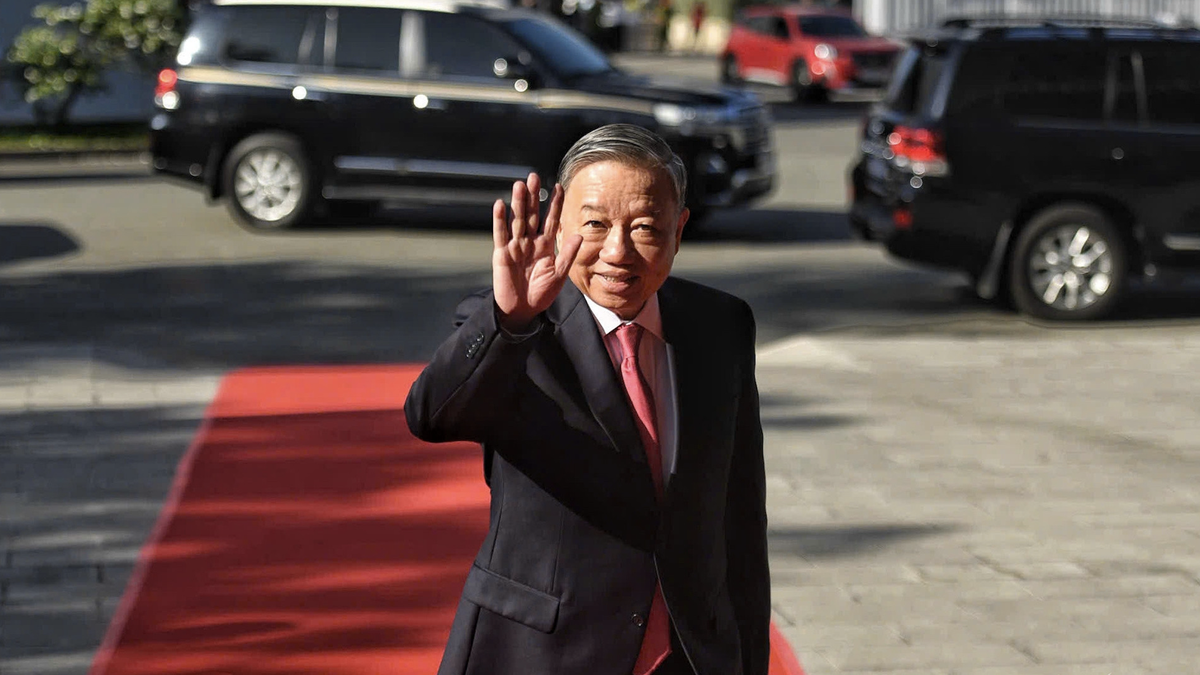
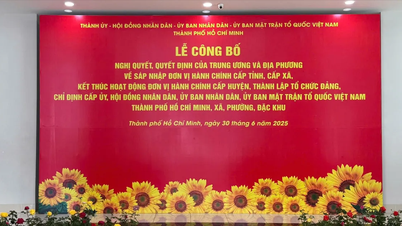

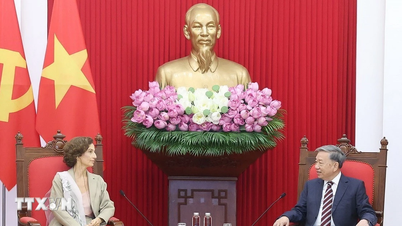

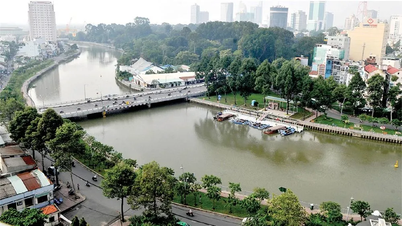
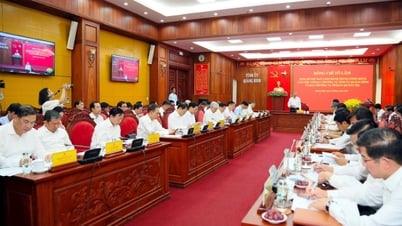

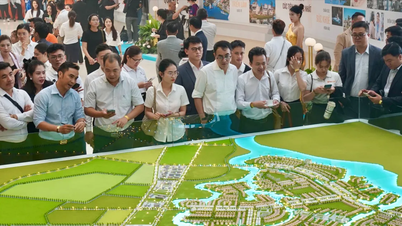










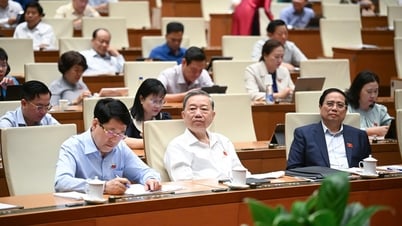















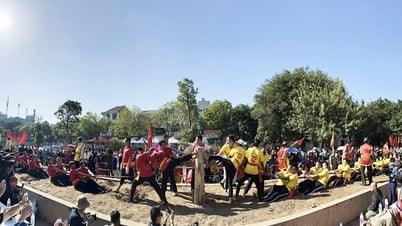

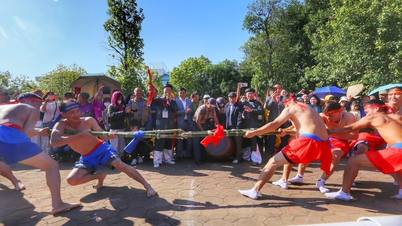








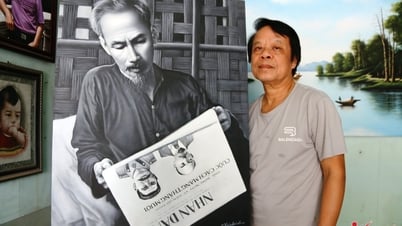

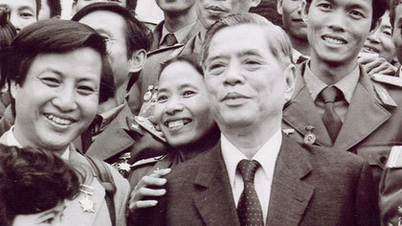
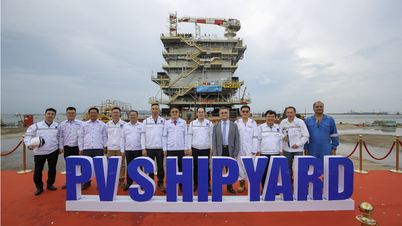

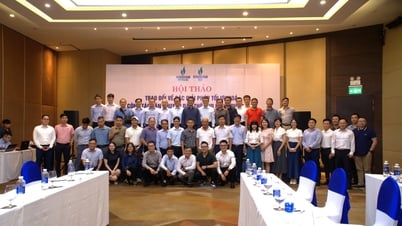

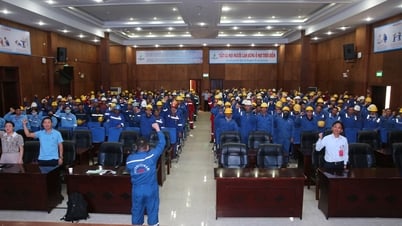
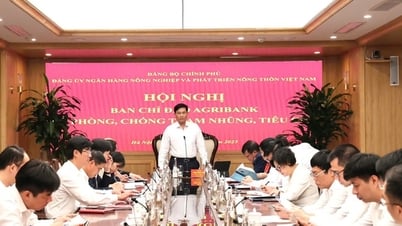

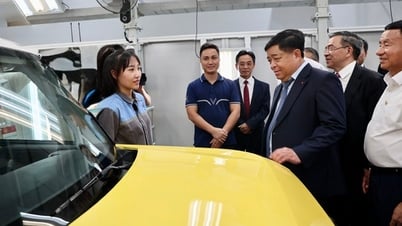
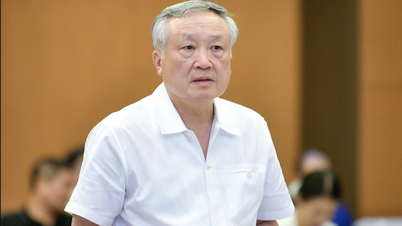






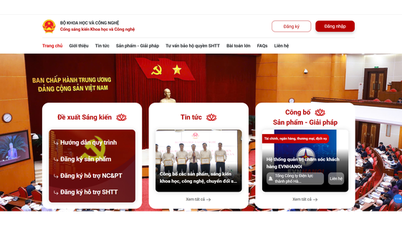

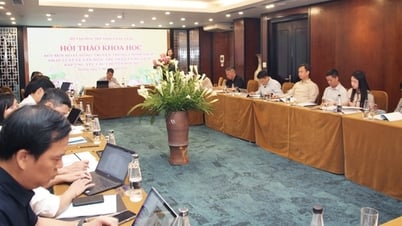
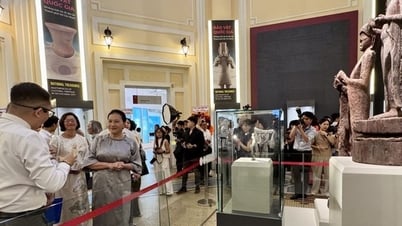









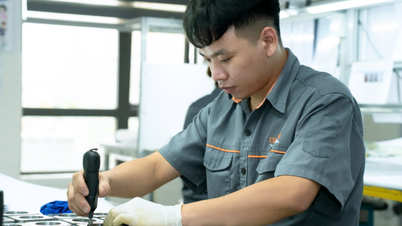









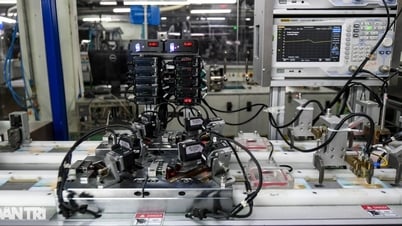



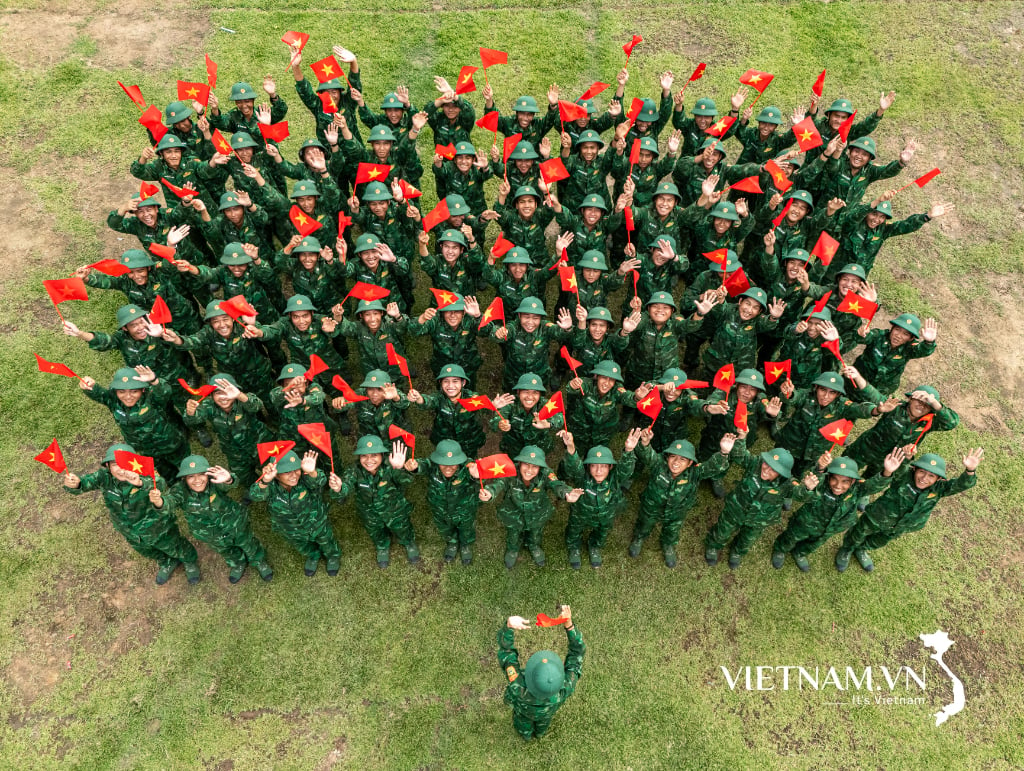
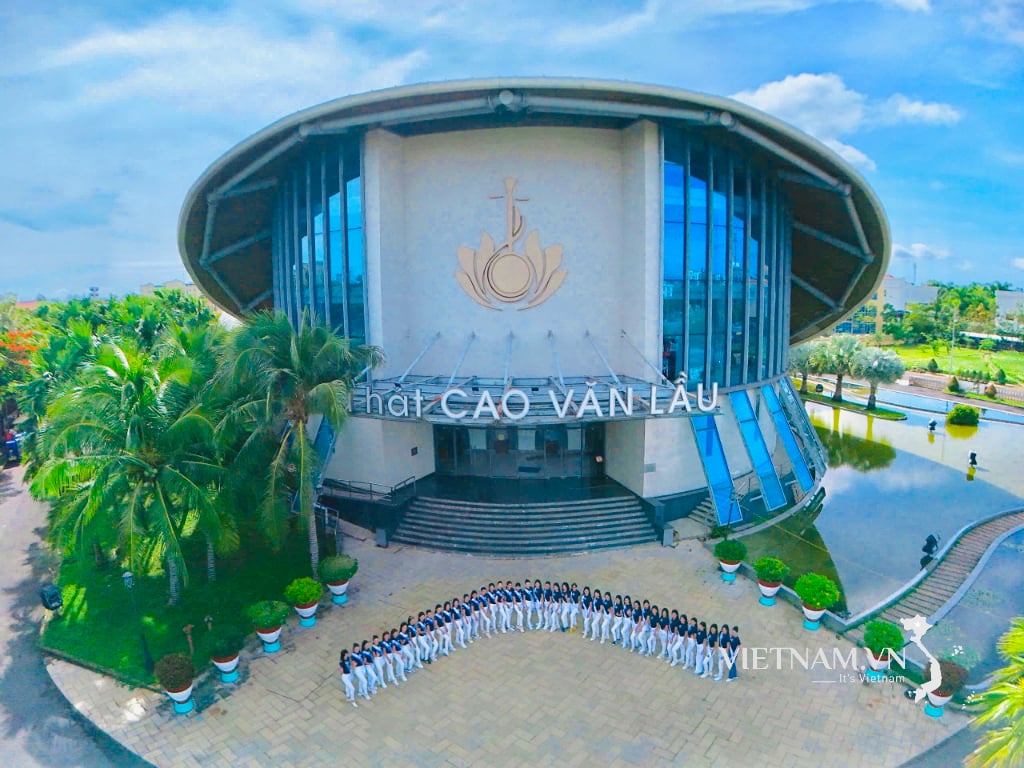


Comment (0)